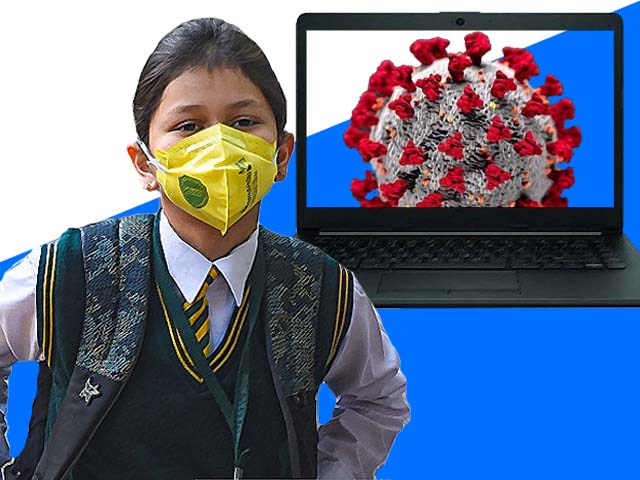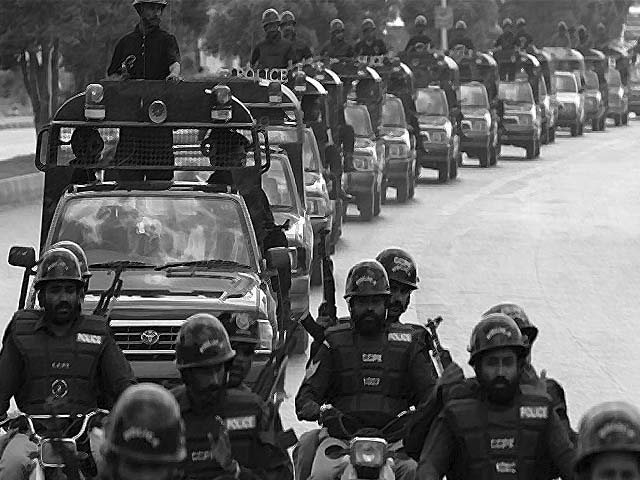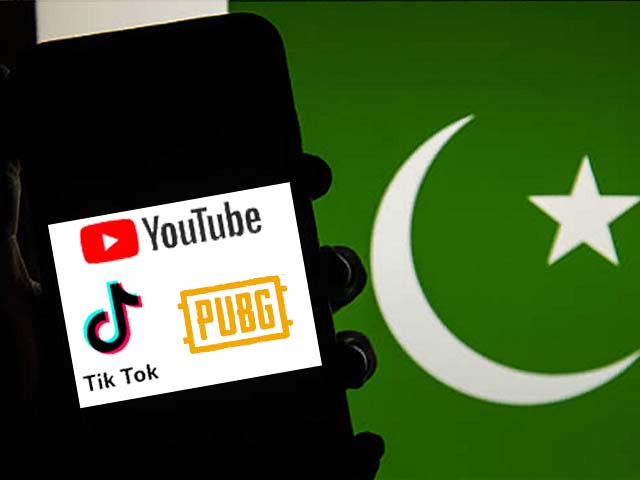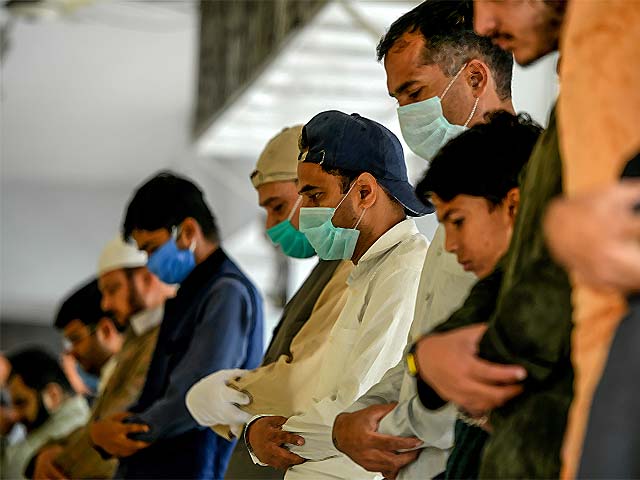
How to ensure access to education during the COVID-19 lockdown and beyond
Students claim that forcing online classes creates inequality since many students do not have internet access
As academic institutions close across the country, Pakistan’s already weak educational infrastructure has been thrust into yet another challenge. With pre-COVID-19 statistics indicating around 22 million out of school children, countless ghost schools, and an abyssal literacy rate, the closure of schools and postponement of examinations are significant disruptions. To mitigate this disaster, the government has announced the launch of education based television channels in collaboration with Pakistan Television (PTV) and other education service providers. This move would be the first step in the right direction, with future steps potentially leading to mobile applications that are engineered to work alongside the TV lessons.
Stepping back, the casual observer would notice that almost every organisation is embracing a virtually remote working approach, including some educational institutes that host live and pre-recorded classes for their students. During these sessions, students can join the class through their internet connections, using even just a smartphone.
In this digital age, it would not be very challenging to pave avenues of collecting feedback and identifying key performance indicators to gauge the impact the TV network is driving. With blossoming network penetration rates, the optimal balance between these technologies could assure that no child is left behind. The marriage of these much-needed networks with examination boards and education specialists can play a role in supporting out of school children to re-enter the educational system and providing those beyond the age of school with useful vocational skills. With the proliferation of cheaper smartphones, I am sure that Fawad Chaudhry’s Science and Technology Ministry could confidently work with technology partners to build a practical mobile application that could take it beyond the television screen.
Unfortunately, hashtags from virtual students like #BoycottOnlineClasses, and #Enable3G4GinExFATA reign on Twitter during the COVID-19 lockdown. Students claim that forcing online classes creates inequality as there are a large number of students who do not have internet access, due to either geographic restrictions or financial difficulty. This present a significant barrier in the quest to ensure uniform access to education during this lockdown. In an increasingly large part of the world, COVID-19 has demonstrated how the internet has become more of a utility than a luxury; the fact that you’re reading this online being a testament to that.
While governments and foreign internet providers have offered free data to their customers to ensure that populations can communicate public messages and ensure safety through the fastest medium of disseminating information, these hashtags show how the same cannot be said for Pakistan. The telecom sector has struggled in the past few fiscal quarters and does offer somewhat limited free usage of some websites like Facebook. However, this could be a brilliant opportunity for these companies to capture long-term market share amidst rising internet penetration rates while also providing short-term free internet service for educational resources.
Some telecommunication networks have comprehensive network coverage that spans the entire country, punctuating even remote and rural areas in the north. Simply zero-rating (i.e selectively not charging data resources), coupled with a few educational resources could do wonders for catering to millions of Pakistanis. Throw in a government willing to enable previously restricted data services in areas like former-FATA, and there is a compelling product that increases the company's footprint and goodwill while helping push the country forward, each unique connection at a time.
Apart from the technical viewpoint, it is essential to curate a standardised educational curriculum that launches a multi-front assault on illiteracy with vocational, professional, and soft skills that can give any Pakistani easy-access to a platform for upward social mobility. Prime Minister Imran Khan and his cabinet have made promises that reverberate across the nation. While some promises may seem idealistic, it never hurts to relentlessly push conventional boundaries that bind institutions to a legacy that has historically failed.
However, to operationalise such game-changers, titans from various fields need to acknowledge the problems that jeopardise the future of this nation and take mutually beneficial and meaningful steps to counter them. Perhaps, we could one day recall COVID-19 as the era that forced us to fix the education system in this country.




COMMENTS
Comments are moderated and generally will be posted if they are on-topic and not abusive.
For more information, please see our Comments FAQ